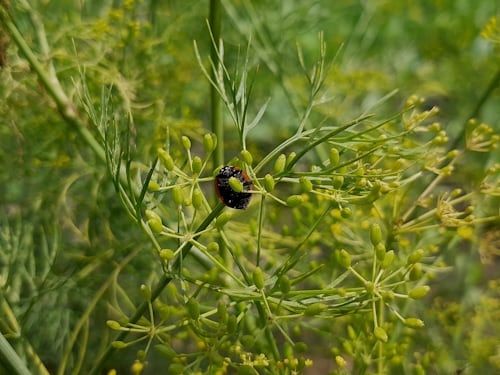Protecting Your Property: Essential Tips for Pest-Proofing Your Garden and Yard

A lush garden and a well-maintained yard are the pride of any homeowner. However, these outdoor spaces can also be inviting to pests, from annoying insects to destructive rodents. If you want to keep your property pest-free without relying on an exterminator and harmful pesticides, follow these essential tips for pest-proofing your garden and yard.
Maintain Good Garden Hygiene
Start by keeping your garden clean and tidy. Get rid of anything that pests might use as a hiding place, such as dead plants, leaves, and garbage. Regularly prune overgrown bushes and trees, as dense vegetation can provide shelter for unwanted critters.
Choose Pest-Resistant Plants
Selecting the right plants for your garden can make a significant difference in pest control. Pick vegetation that can hold its own against typical garden pests. For example, marigolds, lavender, and mint are known for repelling insects. Additionally, consider planting herbs like basil and rosemary, which not only deter pests but can also be used in your cooking.
Practice Companion Planting
In companion planting, plants are placed in close proximity to one another for mutual benefit. Some plants can help deter pests when grown alongside others. For instance, planting tomatoes with marigolds can reduce aphid infestations, as marigolds emit a natural insect-repelling scent.
Use Natural Pest Control Methods
Look for non-chemical options before turning to chemical insecticides. Some examples of helpful insects that can help reduce pest populations are ladybugs, lacewings, and parasitic wasps. Planting nectar-rich blooms and offering shelter, such as bee homes or insect hotels, will bring these beneficial insects to your garden.

Install Physical Barriers
Pests can be kept out of your garden by erecting physical barriers. Use fencing to keep out larger animals like rabbits, deer, and raccoons. For smaller pests like snails and slugs, consider copper tape or barriers made from crushed eggshells, which they find uncomfortable to crawl over.
Maintain Proper Drainage
Mosquitoes and other nuisance insects breed in stagnant water. Maintain your yard’s drainage by addressing any low spots. Clean out clogged gutters and regularly empty any containers that collect rainwater.
Remove Attractants
Pests are often drawn to food sources. Keep outdoor dining areas clean, and promptly remove food scraps and crumbs. Use tightly sealed trash cans to prevent raccoons and rodents from scavenging.
Implement Regular Inspections
Stay vigilant by inspecting your garden and yard regularly. Examine your plants for any evidence of pests, such as chewed leaves, plant damage, or burrows. If you catch insect problems early on, you can fix them before they spread.
Practice Crop Rotation
In vegetable gardens, rotating crops can disrupt the life cycles of pests and reduce the buildup of soil-borne diseases. This natural approach can help maintain a healthier garden without resorting to chemical solutions.
Seek Professional Help When Necessary
If you have a significant pest infestation that these approaches aren’t curing, you should talk to an exterminator. However, make it clear that you prefer eco-friendly and non-toxic solutions to protect your garden and the environment.
Conclusion
Protecting your property from pests and maintaining a beautiful garden and yard can go hand in hand. By implementing these essential tips for pest-proofing your outdoor spaces, you can minimize the need for an exterminator and reduce your reliance on chemical pesticides. Not only will your garden thrive, but you’ll also create a healthier and more sustainable environment for yourself and your family. Pest control can be eco-friendly and effective when you take a proactive and holistic approach to garden and yard maintenance.






